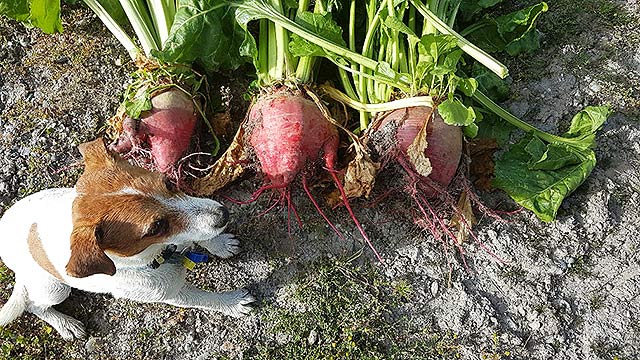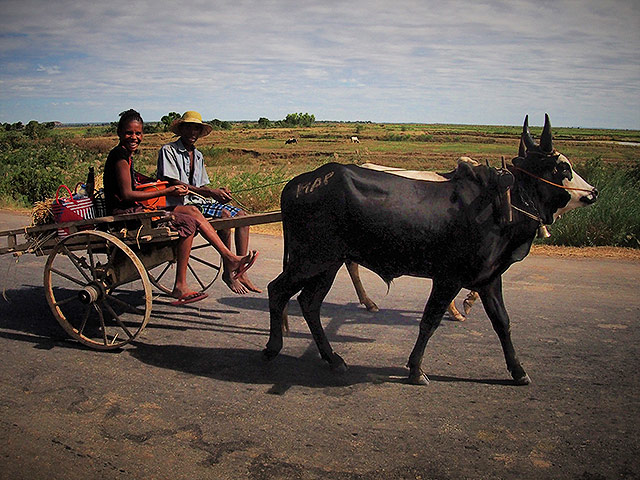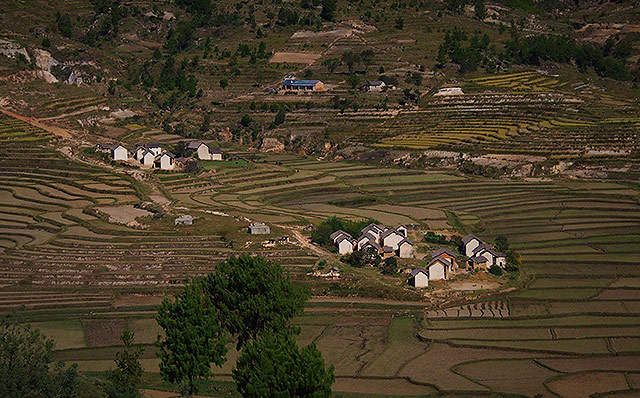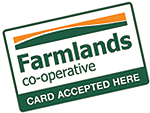 |
|
|
|
Issue 87 / Winter / July 2017
Hi [firstname]
 Welcome to the July edition of the SeedData newsletter and I trust this newsletter finds you all well.
Welcome to the July edition of the SeedData newsletter and I trust this newsletter finds you all well.
Many of our clients have taken the last few weeks to have a break from the farm and if that's you welcome back and I hope you are all refreshed and ready for the coming Spring.
In this month's SeedData newsletter we talk about our Corka Kale and look at the current seed supply in fodder beet market and an update on Lucerne.
Please browse these topics below:

Lucerne update.
Grazing update:
You may notice that your Lucerne stand has grown quite fast after you gave it it's last winter graze.
The reason for this is because Lucerne growth is determined by the air temperature and not the soil temperature.
Lucerne will start to grow once the air temperature is more than 5 degrees.
We suggest your stand shouldn't be grazed (even though it may be tempting) until at the earliest lambing time.
Grazing to early will significantly impact on your stands spring growth and will potentially delay the all-important spring growth by between 4-6 weeks which is significant.
Spray Update:
Hands up if weed spraying your Lucerne stand has slipped your mind? You won't be the only one I'm betting! Good news!
It's not too late to do so, but you just need to change the chemicals you use around and your good to go.
Spraying in July:
Spraying at this time of the year is not a problem, however, you will need to switch from using atrazine based chemicals because these are best used up to the end of June (as suggested in the Specialty Seeds May SEEData newsletter).
Below you will find our suggested spray program for spraying up until the end of July.
(Note: Beyond this date there is still a wide range of options for you however please contact us.)
- 2 - 3 litres Paraquat PQ200
- 1.5 - 2 litres Simatop 500 FW per hectare in 200 litres water + 1 litre crop oil.
LUCERNE (established) - grass and broadleaf weeds Gardoprim is absorbed through the roots and leaves of shepherds purse, storksbill, chickweed, subterranean clover, doves foot, barley grass, Kentucky bluegrass and some other annual seedling weeds.
Rate of Application: 1.5 - 2 litres of Gardoprim in a mixture with 2 - 3 litres of paraquat 20% a.i., eg, PQ200, per hectare.
Use the higher rate when clover is a problem and longer residual activity is required.
Do not exceed recommended rates of application as Lucerne yields may be adversely affected.
Time of Application: Apply to closely grazed Lucerne stands that are at least 2 years old.
Do not spray immediately following heavy grazing - allow a few days for weed growth to freshen up.
Apply during the winter months when Lucerne is completely dormant, but not when frost is still on the foliage or when ground conditions are excessively wet.
Download Link: Check out our Lucerne information downloads.
Website Link: Check out our Lucerne website page.
Contact Link: Contact Specialty Seeds if you have any other questions.
Back to top
 Corka Kale.
Corka Kale.
 Two years ago, we released on to the market our new Corka Kale and due to the great interest, we unfortunately sold out of it last season.
This season we are pleased say have good stocks of Corka and can 'kick' the promotion of it into gear again.
Two years ago, we released on to the market our new Corka Kale and due to the great interest, we unfortunately sold out of it last season.
This season we are pleased say have good stocks of Corka and can 'kick' the promotion of it into gear again.
To refresh your memory, Corka is a highly palatable, intermediate stemmed type kale meaning that even at lower sowing rates (< 3 kgs/hectare) it won't produce thick and low dry matter % stems typical of other kale types.
This higher leaf to stem ratio also means Corka has very good utilisation when grazed in situ.
Corka has a very high leaf to stem ratio and it is therefore suitable for all stock types such as; dairy cows, sheep, beef and deer.
Corka Kale has a high-top end yield potential of 15+ tonnes DM/ha depending on management and environmental conditions.
Corka is best sown between October through to mid-December but has been sown up to mid-February in irrigated situations (for mid to late winter feed) as Corka has also shown excellent cool winter hardiness.
Corka reaches maturity and is suitable for grazing between 150 to 220 days from planting and we would recommend a sowing rate of 5 kgs per hectare.
For more information on Corka kale please follow the links below or contact us.
Download Link: Check out the Corka Kale flyer.
Website Link: Check out the Corka Kale website page.
Contact Link: Contact Specialty Seeds if you have any questions.
Fodder beet market update.
One of the things I love about farming is the fact that farmers often haven't finished one job before they have to start thinking about doing the same job again for the coming season and fodder beet is a classic example of what I'm talking about.
There is still many hectares of fodder beet still to be grazed and yet here we are talking about the rapidly approaching new season.
Seed Supply 2017/2018 season:
As I write this we have yet to be updated by most of the major players as to what the coming season is going to be like in terms of seed supply.
Traditionally over the years fodder beet seed supply has been difficult from time to time.
Last year was the exception to the rule with no real issues with seed supply.
My feeling is that there will be an increase in the area of fodder beet sown this coming season as some dairy grazer farmers appear to be interested in coming back into the market after what for some has been a two-year hiatus.
Also, I believe we will see an increase from farmers growing fodder beet on the dairy platform following the successful crops many farmers have had this year.
What this will do to seed supply?
This is any ones guess at this stage however we will be approaching our clients during July to discuss their respective requirements for the coming season.
We would of course welcome any enquiry you may have.
Cultivars for the 2017/2018 season:
As mentioned, we are yet to have meetings with the relevant seed companies as to their respective seed supply situation so at this early stage it's difficult to talk what specific cultivars will be on offer this season.
However, over the next month we will as we gain more market information we will update you.
The best place for us to keep you up to date will be via this newsletter and we will also be putting information up into the Specialty Seeds facebook page and our website as it comes to hand.
You can get the latest updates by clicking on the links below or feel free to contact us
Facebook Link: Check out the Specialty Seeds Facebook page.
Website Link: Check out the Fodder beet website page on the Specialty Seeds website.
Contact Link: Contact Specialty Seeds if you have any questions.

Betimo fodder beet
|
Finchy's photos of the month.

This couple had a great day at the Zebu market and are all smiles on the way home..
|
Back to top


Every spare inch of irrigated land is used up in Madagascar thats for sure.
|


As always, we hope this issue has been of some value to you. If you have a comment on this newsletter or anything on our website, please give us a call on our Freephone: 0800 727 8873, send us an email at: mail@specseed.co.nz.
Kind Regards

Stephen Finch & David Percival
Specialty Seeds - New Zealand
|
|
|
|
 |
|
|

|
If you are having trouble viewing this email, .
If you would like to be removed from this newsletter please click here to
|
